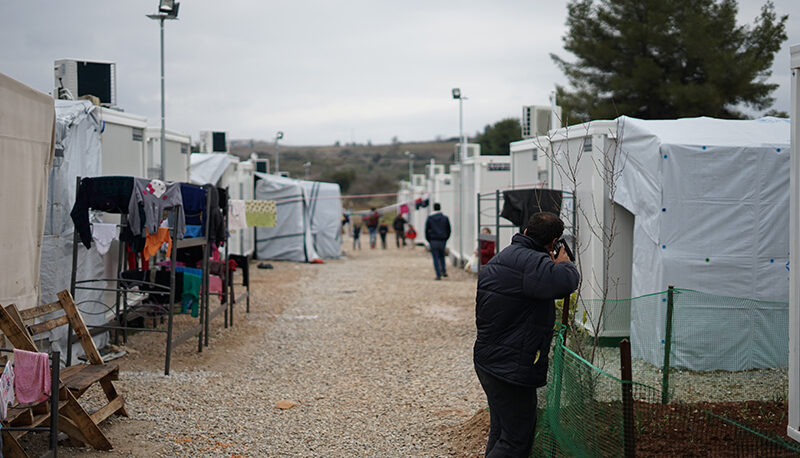Tauhid S. Bin Kashem
2021-2022 Dissertation Fellow
Tauhid Bin Kashem was an IGCC Dissertation Fellow from 2021-2022. His dissertation research asks why states that are uncommitted to the international refugee regime and lack adequate domestic laws for safeguarding refugees nevertheless provide protection to refugees. States that are non-signatories to the UN Convention on Refugees shelter more than half of the world’s refugees. He argues that through a process of regime-shifting non-signatory states displace the issue of refugee governance to alternate international regimes, regimes whose normative priorities differ from that of the formal refugee regime. When domestically institutionalized, this can lead to a bureaucratic preference for protecting refugees. To test this hypothesis, his dissertation uses controlled comparison to analyze the responses of four South and Southeast Asian states—Bangladesh, Indonesia, Malaysia, and Thailand—to the protracted Rohingya refugee crisis from 1990 to the present. Tauhid employs semi-structured interviews with civil servants, law enforcement officials, and representatives from various United Nations agencies. He also collects qualitative data from focus-group discussions with Rohingya refugees in each of these states and analyzes a variety of archival data. The research aims to shed light on emerging patterns of state response to refugees in a world of increasing international regime complexity.
Proposal Title: Unlikely Refuge: International Regime Complexity and Refugee Protection

